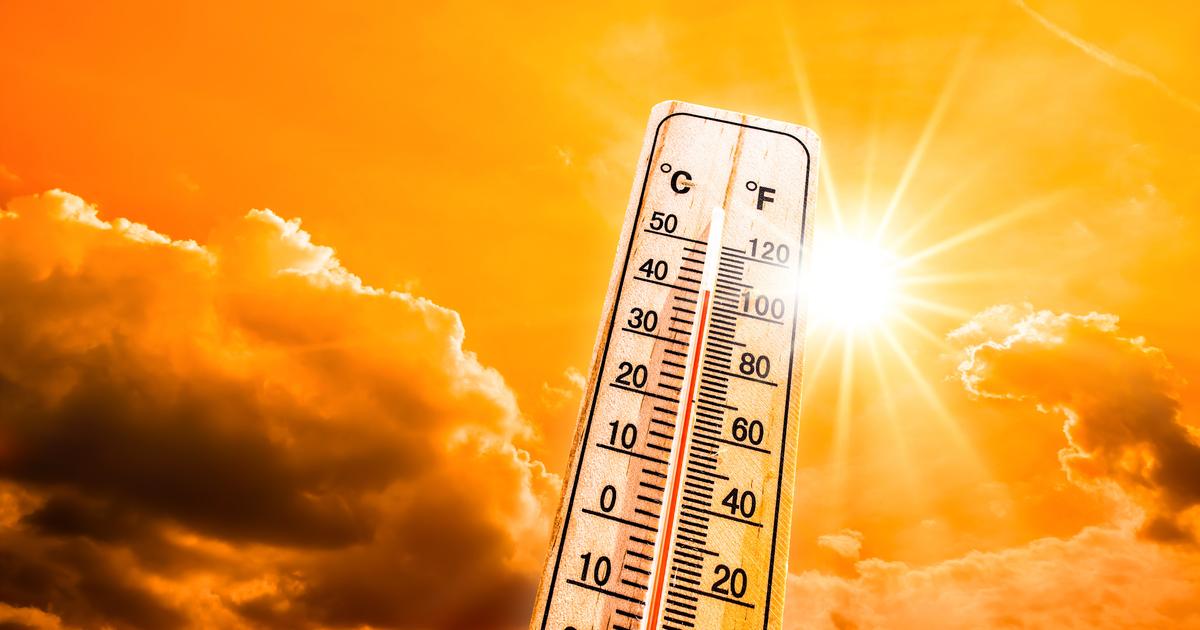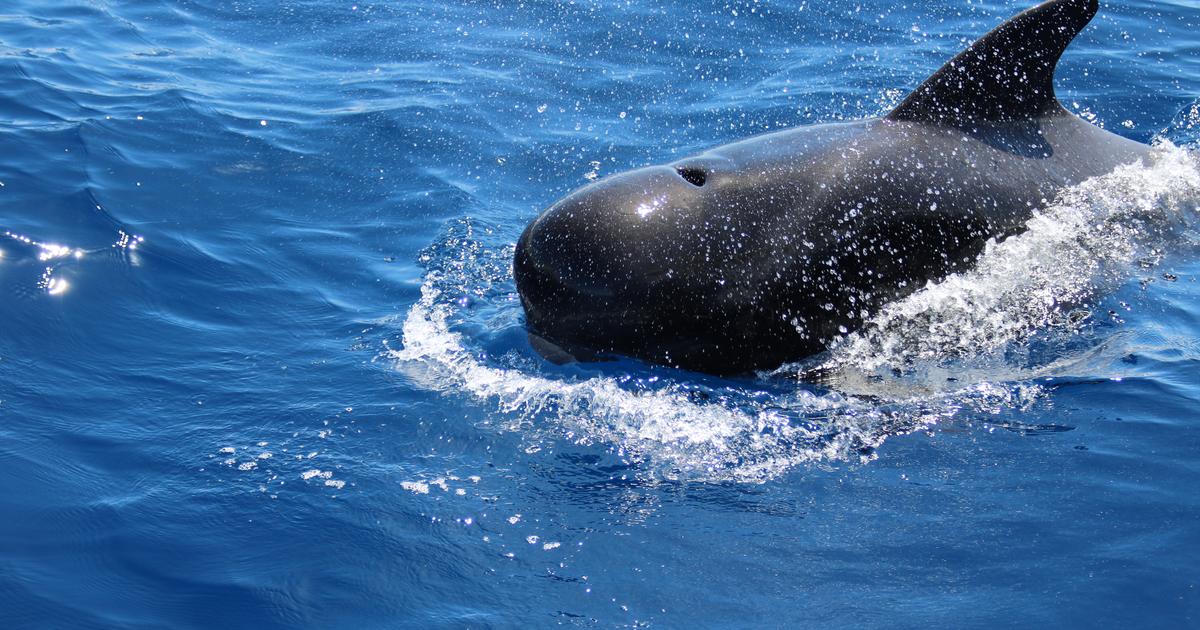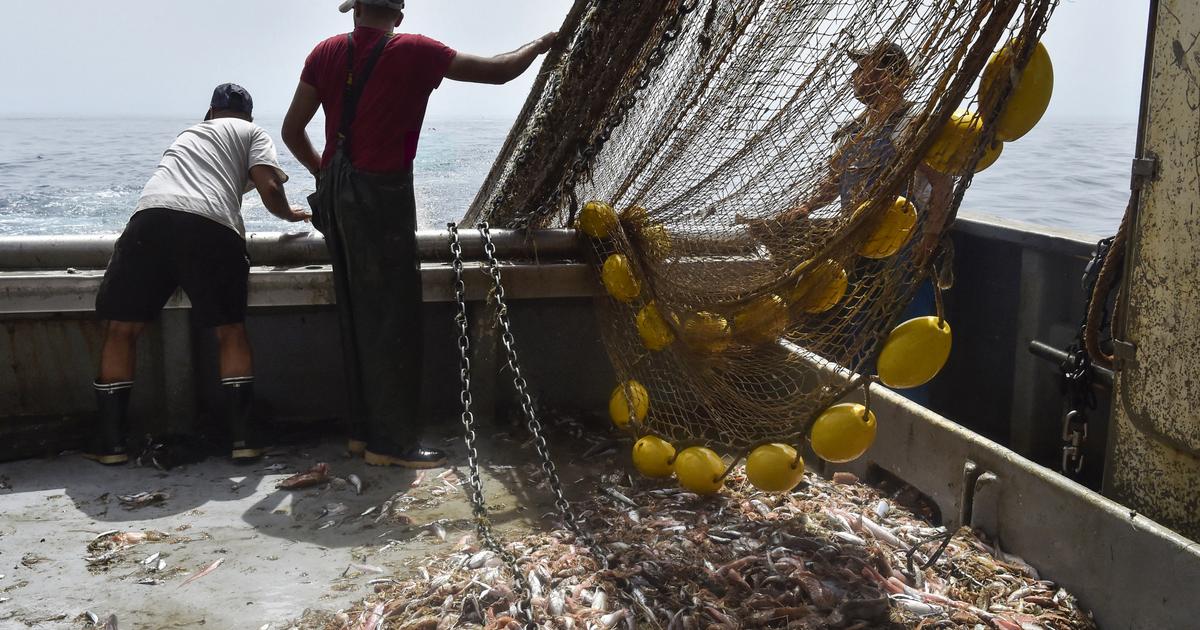- Click to share on Facebook (Opens in a new window)
- Click to share on Twitter (Opens in a new window)
- Click to share on LinkedIn (Opens in a new window)
- Click to email a friend (Opens in a new window)
The pandemic brings a new threat: more plastic waste 2:32
(CNN) - The coronavirus pandemic has been making headlines recently, but it's not the only pressing problem affecting the entire planet. The damage we are doing to our oceans also threatens our existence.
They help provide the air we breathe, the food we eat, and the fuel that fuels our world. Life could not exist without them, but our oceans are under threat.
On World Oceans Day, we celebrate our seas and see why we need to protect them, now more than ever.
The air we breathe
Rainforests are often called Earth's lungs, but small organisms in our oceans produce more than half of the world's oxygen.
The oceans and the life within them also absorb about a quarter of the carbon dioxide we release into the atmosphere.
That helps reduce the amount of CO2 in Earth's atmosphere, protecting us from global warming. But it comes at a cost.
MIRA : Coronavirus: environmentalists fear the surge of plastic waste and its impact on the oceans
When the oceans absorb CO2, they become more acidic. Today, the oceans are more acidic than they have been in at least 800,000 years. This acidity affects marine species, including plankton, shellfish, and corals, which build their shells and skeletons from calcium carbonate.
It is essential that we reduce CO2 emissions, and we can all take concrete steps to make a difference.
The energy of the world
Offshore wind farms and wave and tidal power have enormous potential to provide renewable energy to a world that needs to cut fossil fuels.
The oceans are a major source of those fossil fuels, with more than a quarter of all our oil and gas coming from offshore sources.
But millions of gallons of oil are released into the oceans every year. This comes from a number of sources, including natural leaks, perforations, and spills from ships and pipes. Oil from roads and storm drains also flows into the sea.
READ: The Pacific Ocean is so acidic that it is dissolving the shells of these crabs
Oil spills can be deadly to marine life. Dolphins can inhale oil and damage their lungs. Oil harms fish, traps turtles, and can make bird feathers unable to repel water, causing them to die from hypothermia. After a spill, it can take decades for an ecosystem to recover.
Role in the weather
Covering around 70% of the Earth's surface, the oceans play a vital role in regulating our climate. They prevent temperatures from getting too hot or too cold and their water evaporates to form steam that can travel long distances before falling as rain.
By absorbing heat, the oceans are also a buffer against global warming. More than 90% of the warming that has occurred on Earth in the last 50 years has occurred in the ocean. But the added heat is causing ocean water to expand, causing sea levels to rise and threatening coastal communities around the world.
MIRA : Why would hurricanes help save coral reefs?
And when the seas get too hot, marine life suffers. Corals can starve and bleach to death. In recent years, reefs around the world, including half of the corals in the Great Barrier Reef, have experienced massive bleaching events.
Wildlife Refuge
So far, scientists have identified around 250,000 marine species, but more than 80% of the ocean is still unexplored, and researchers estimate that 9 out of 10 ocean species have yet to be classified.
However, pollution is damaging ecosystems and harming wildlife.
Millions of tons of plastic end up in the oceans every year, killing and harming sea creatures. Small pieces of plastic can be ingested by marine life, with potentially harmful effects.
Fertilizers are washed from farmland to the sea, where they can feed large amounts of algae. By using oxygen in water, blooms like these have created more than 400 oceanic "dead zones", which together form a larger area than the UK. These areas are so deprived of oxygen that they can barely support marine life.
READ : The oceans heat up at the same rate as if 5 Hiroshima bombs were dropped every second
They feed the planet
Globally, about 15% of the protein we eat comes from shellfish. With a growing human population and the development of fishing technologies on an industrial scale, twice as much shellfish is consumed now than in 1970.
Commercial fishing has led to over 90% of marine fish stocks being completely fished.
Overfishing tends to kill larger fish and reduces reproduction rates, further depleting fish stocks.
It also threatens the hundreds of millions of people who depend on fishing for their food and income.
MIRA : Humpback whale rescued from illegal fishing nets in Baja California
It's not too late
The situation may seem bleak, but it is not too late to make a difference.
In April, a team of scientists from around the world discovered that marine life could recover to healthy levels in the next 30 years if pressures on the world's oceans, including climate change, were addressed.
READ : Snow is turning green in Antarctica (and climate change will make it worse)
The researchers recently reported that many coral reefs can still be saved if marine protected areas are established and fishing is better regulated.
Technology has a role to play. Scientists in the United States have developed the "Oil Sponge," a reusable device that could help clean up spills. Last year, the Ocean Voyages Institute used drone and satellite technology to remove more than 40 tons of plastic from the Pacific Ocean.
But we need each other, as much as we need technology, to clean up the mess we've created. Around the world, volunteers are giving their time to remove plastic debris from beaches and rivers.
READ : The sixth mass extinction is happening faster than expected. Scientists say it's our fault
While there are countless threats to our seas, there are also many opportunities to find solutions. Our oceans give us life, but it is up to us to protect them.
Plastic in the oceans












/cloudfront-eu-central-1.images.arcpublishing.com/prisa/KMEYMJKESBAZBE4MRBAM4TGHIQ.jpg)


